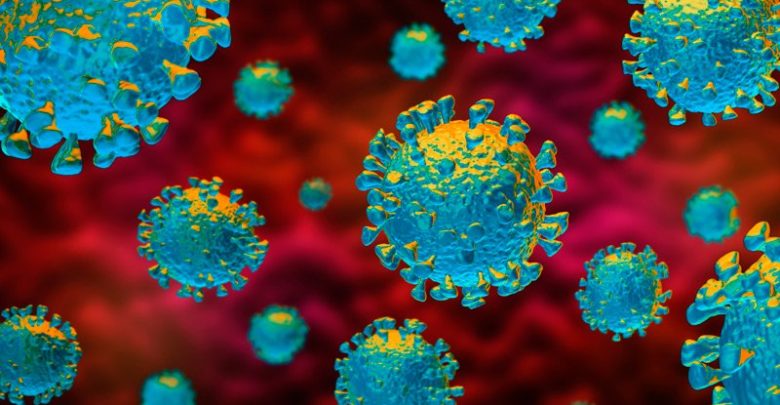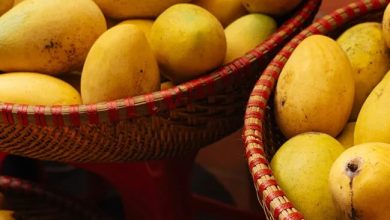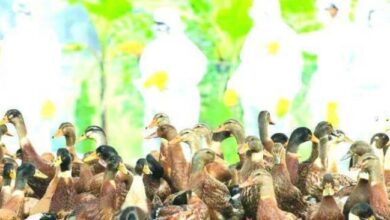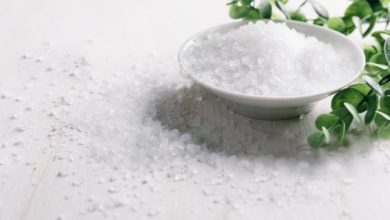COVID-specific antibodies can be found in breast milk for up to ten months after infection.

A new study finds that COVID infection in breastfeeding women produces virus-neutralizing antibodies that can be found in their milk for up to ten months.
According to the Guardian, the study led by the Icahn School of Medicine at Mount Sinai Hospital in New York discovered that the antibodies found in breast milk, known as Secretory Immunoglobulin A, differ from the Immunoglobulin G (IgG) antibodies found in human blood and are triggered by COVID vaccination.
The findings were presented at the recently concluded 15th Global Breastfeeding and Lactation Symposium.
“COVID-19 illness will affect approximately 10% of infants, necessitating advanced care. Passive immunity from a previously infected mother’s milk could provide a potential mechanism to protect this population “Dr. Rebecca Powell of Icahn’s Department of Medicine, Division of Infectious Diseases, explained the findings.
Secretory Immunoglobulin A (IgA) adheres to the lining of babies’ respiratory and intestinal tracts, preventing viruses and bacteria from entering their bodies.
According to the report, Powell believes that these antibodies extracted from breast milk could also benefit adults with severe COVID-19.
“It could be an incredible therapy,” Powell said. “Secretory IgA is meant to be in these mucosal areas, such as the lining of the respiratory tract, and it survives and functions very well there.”
The researchers collected breast milk samples from 75 women who had recovered from COVID-19 for the study and discovered that 88 percent of them contained IgA antibodies. In most cases, these were effective at preventing infection.
They also discovered that women secreted these antibodies for up to ten months.
All Moderna vaccine recipients and 87 percent of Pfizer vaccine recipients had coronavirus-specific IgG antibodies in their milk, while 71 percent and 51 percent, respectively, had virus-specific IgA antibodies. According to the J&J vaccine, only 38% of women had IgG antibodies and 23% had IgA antibodies against coronavirus in their milk.
“We know that RNA vaccines produce a high level of antibodies when compared to other vaccines. You don’t necessarily need that much antibody to protect yourself from infection, but the milk effect is highly dependent on the amount of antibody in your blood that transfers into your milk. Because of the lower level stimulated by the J&J vaccine (a viral vector vaccine), very low levels in milk are likely “Powell was reported to have said.
The researchers are now looking into the antibody response in breast milk caused by the AstraZeneca vaccine.






